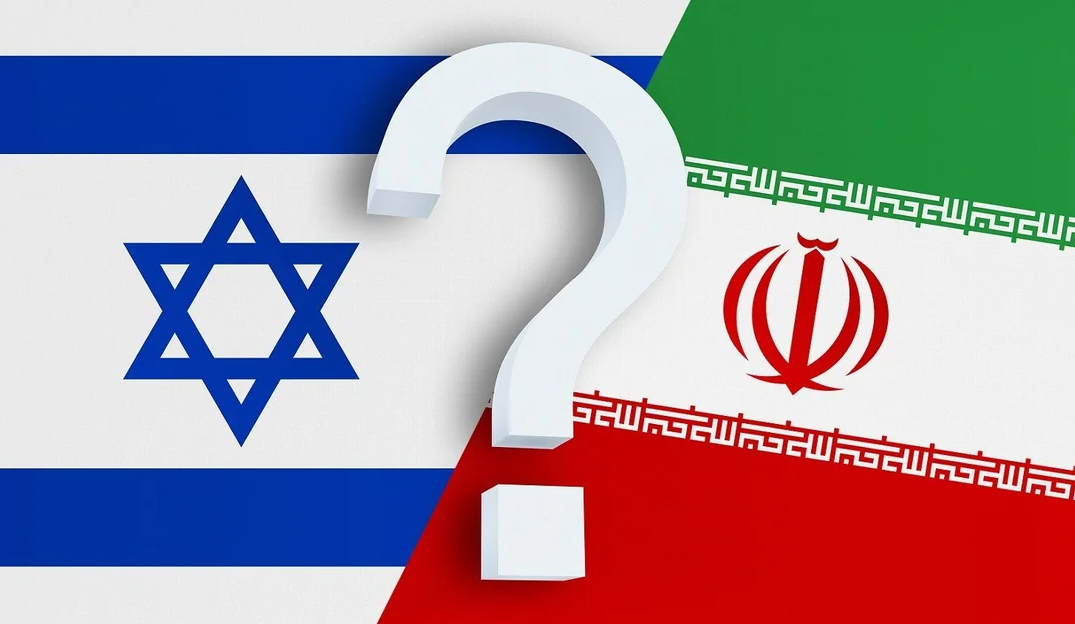The Iran-Israel conflict stands as one of the most enduring and complex geopolitical challenges in the Middle East, with roots deeply embedded in historical, ideological, and strategic narratives. At its core, the conflict is a multifaceted interplay of regional power dynamics, religious ideologies, and geopolitical ambitions, shaping the broader landscape of the Middle East and beyond. Iran launched a significant assault on Israel on April 13, known as “Operation True Promise,” which included approximately 170 drones, 120 surface-to-surface ballistic missiles, and 30 cruise missiles. This attack was a response to an Israeli airstrike on April 1 targeting an Iranian diplomatic base in Damascus, Syria, resulting in the death of seven officers of the Islamic Revolutionary Guard Corps (IRGC), including General Mohammad Reza Zahedi of the Quds Force. Notably, Iran’s attack marked the first instance of Tehran directly targeting Israel from Iranian territory.
In retaliation, Israel conducted airstrikes near Isfahan and Tabriz in Iran on April 18. Israel demonstrated remarkable technical prowess by intercepting 170 drones, 120 ballistic missiles, and 30 cruise missiles fired primarily from Iran with assistance from Britain, France, Jordan, and the United States. This operation reportedly had a 99 percent effectiveness rate and caused minimal damage to lives and infrastructure. Iran’s primary concern is self-preservation, especially safeguarding its nuclear facilities within Iran and its assets in the Middle East, particularly Hezbollah, which it supports. While Iran denies directing or being informed about Hamas’s attack on Israel on October 7, it remains a key financial and military supporter of Hamas and other militia groups across the region, including the Houthis in Yemen and Hezbollah in Lebanon. Israel has responded to these threats strategically, engaging in a full-scale assault on Hamas while strategically targeting and killing nearly 300 Hezbollah fighters and conducting airstrikes on weapons warehouses and military bases of Iran-backed groups in Syria. These actions demonstrate Israel’s ability to weaken Iran-backed groups without resorting to all-out force, backed by strong external support from allies like the US and the UK. This support underscores Iran’s isolation in the face of such attacks and highlights Israel’s intelligence capabilities, which deter Iran from escalating conflicts further.
Iran’s recent actions, including the drone and missile attacks on April 13 in response to Israel’s earlier strike in Damascus on April 1, reflect its desire to maintain a certain image of leadership in resisting Israel and its allies. However, Iran also recognizes its vulnerabilities and limits, as seen in its restrained retaliation and efforts to avoid direct confrontation, as evidenced by downplaying subsequent attacks like the one on Isfahan on April 19, attributed to Israel. Overall, Iran is in a defensive rather than offensive position, cautious about risking a regime-threatening conflict with Israel while showcasing its capabilities to deter aggression. While Israel has ironclad support from its allies, Tehran is still vulnerable and isolated.
The Iran-Israel conflict traces back to the 1979 Iranian Revolution, transforming Iran into an Islamic Republic led by Ayatollah Khomeini. This revolution marked a significant ideological shift, with Iran adopting an anti-Western and anti-Israeli stance, supporting the Palestinian cause, and challenging Israel’s regional legitimacy. At the core of this conflict are the ideological disparities between Iran’s Shia Islamic revolutionary ideology and Israel’s Zionist principles, compounded by Israel’s close ties with the United States. These differences have fueled tensions and conflicts, including support for groups like Hezbollah and Hamas, contributing to events like the 2006 Lebanon War and periodic Gaza conflicts. Additionally, Israel strongly opposes Iran’s nuclear ambitions due to perceived existential threats, further exacerbating tensions. Proxy wars in Syria and Yemen, with Iran and Israel supporting opposing factions, add complexity to resolving this longstanding conflict diplomatically.
The Iran-Israel conflict has broader implications for regional stability, influencing alliances, security doctrines, and conflict dynamics across the Middle East. The ongoing tensions contribute to a volatile security environment, with the potential to escalate into broader regional conflicts with far-reaching consequences. The Iran-Israel conflict heightens energy security concerns by risking disruptions to key oil and gas supply routes, infrastructure attacks, and market volatility, impacting global energy stability and prices. Resolving the Iran-Israel conflict remains a formidable challenge, requiring sustained diplomatic engagement, de-escalation of proxy conflicts, and addressing core grievances on both sides. In conclusion, the Iran-Israel conflict is a multifaceted geopolitical puzzle shaped by historical legacies, ideological differences, regional power dynamics, and nuclear ambitions. Navigating this complex terrain requires nuanced diplomacy, strategic foresight, and a commitment to addressing underlying grievances while promoting regional stability and security.
Author: Jui Marathe is pursuing Masters in International Relations & Strategic Studies from University of Mumbai.
Disclaimer – The views and opinions expressed in the commentaries are those of the authors and do not necessarily reflect the official policy or position of Forum for Global Studies.

